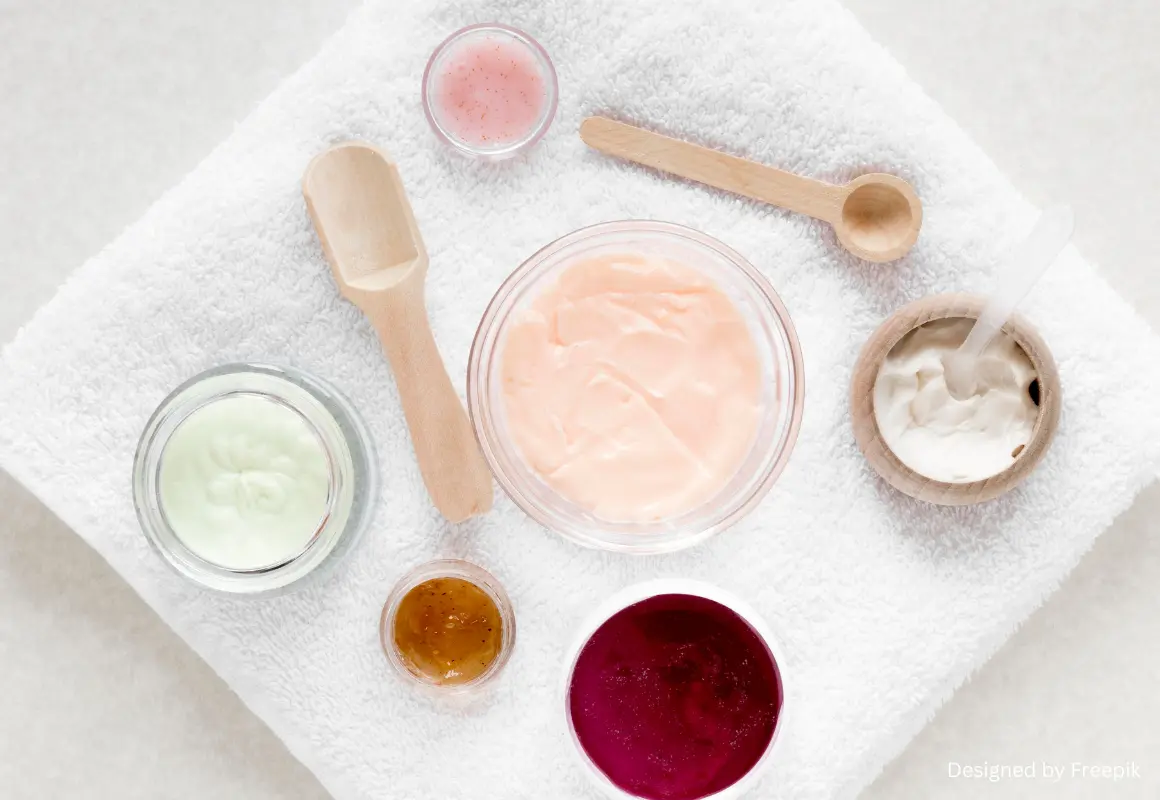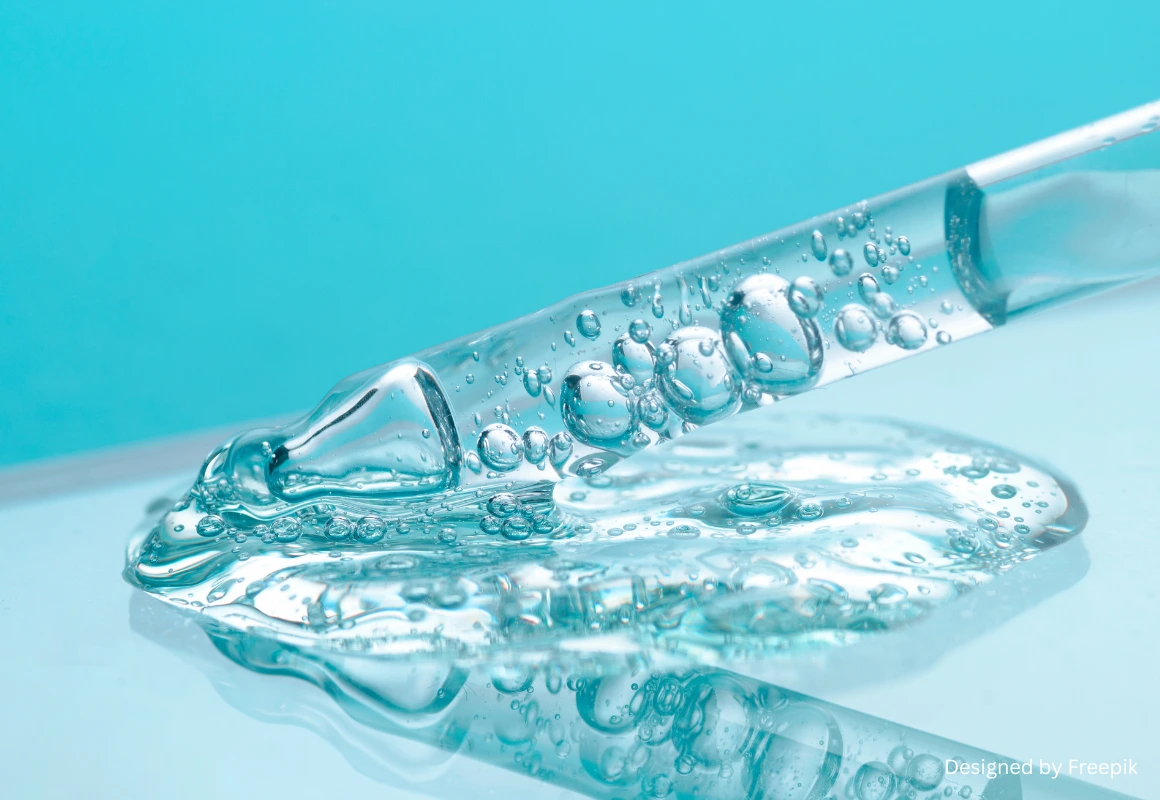Unlocking the Skin care Secrets of Lemon Peel Essential Oil

Unlocking the Skincare Secrets of Lemon Peel Essential Oil
Lemon peel essential oil, an often under-utilized by-product, offers numerous skincare benefits. In this post, we explore its application in skin-care products, backed by research on its phytochemical properties and formulation into a natural body lotion. The article outlines the research conducted on lemon peel oil extraction and its effectiveness compared to commercial skincare products. We delve into its background, aim, methods, results, and conclusions, revealing why this natural oil could be your next go-to skincare ingredient.
Lemon Peel Oil: Nature’s Secret to Glowing Skin
Lemon peel (Citrus limon) is commonly discarded after the fruit is used for juice or cooking, but recent studies suggest that its peel contains valuable essential oils. Essential oils are concentrated, aromatic liquids extracted from plants that contain various compounds like terpenes, which can benefit health and beauty. Historically, essential oils from various plants have been used in cosmetics, perfumes, and even medicinal products due to their antimicrobial, antifungal, and anti-inflammatory properties.
In the case of lemon peel, the essential oil is particularly rich in compounds like limonene and flavonoids, which are known for their skin-enhancing properties. The research aimed to extract and analyze the oil from lemon peels and explore its potential in skincare products, especially as a component in lotions. The use of natural ingredients in cosmetics is increasingly popular as consumers seek alternatives to synthetic chemicals that may harm the skin or environment.
Lemon Peel: From Waste to Skin care Treasure
The primary goal of this research was to extract essential oil from lemon peels using the Soxhlet extraction method and analyze its phytochemical properties. The study also aimed to incorporate the extracted oil into a skin-care lotion and compare its qualities with a standard commercial lotion. The focus was on determining the oil's potential to improve skin texture, moisturization, and overall skin health. Additionally, the study sought to contribute to environmental cleanliness by finding uses for lemon peel, which is typically treated as waste.
Why Lemon Peel Oil Deserves a Place in Your Skin care Routine
● Soxhlet Extraction Method
Lemon peels were obtained from local markets, carefully washed, and prepared for oil extraction. Two types of peels were used: fresh and air-dried. The Soxhlet extraction process involved heating the peels in petroleum ether at 40°C, after which the oil was collected and stored in airtight bottles to prevent evaporation. The oil yields were measured at 3.7% for air-dried peels and 2.3% for fresh peels, typical of most plant-based essential oils.
● Phytochemical Analysis
The lemon peel oil underwent a series of tests to identify its chemical composition. This analysis revealed the presence of important compounds such as:
Saponins Known for their anti-inflammatory and antibacterial properties.
Flavonoids: Potent antioxidants that protect the skin from free radicals and oxidative stress.
Terpenes (including limonene): Responsible for the fragrance and flavor of the oil, also offering skin-enhancing benefits.
Tannins and Phenols: These compounds contribute to the astringent properties of the oil, helping to tighten and tone the skin.
● Formulation of Skin Lotion
The essential oil was incorporated into a body lotion using a mixture of stearic acid, glycerin, and other lotion base ingredients. The mixture was heated to 70°C and stirred until a homogenous lotion was formed. Two variations of the lotion were created—one with lemon peel oil and one without, for comparison.
Extracting Lemon Peel Oil: The Science Behind Natural Skincare Benefits
● Physico-Chemical Properties of Lemon Peel Oil
The lemon peel oil showed a pH value of 3.30 for air-dried peels and 3.50 for fresh peels, indicating its acidic nature, which can be beneficial for maintaining the skin's natural pH balance. The oil also had a moisture content of 7.92% in air-dried peels, while fresh peels contained 67.03%. This suggests that air-drying preserves the oil's properties more effectively.
● Phytochemical Composition
The presence of saponins, flavonoids, and terpenes in the lemon peel oil makes it a valuable ingredient in skincare. Saponins can act as natural emulsifiers, helping to stabilize the lotion, while flavonoids provide antioxidant protection. The terpenes, especially limonene, are responsible for the oil's refreshing fragrance and offer mild antiseptic properties.
● Quality Comparison of Lemon Peel Lotion vs. Commercial Lotion
The lemon-peel-oil lotion was compared to a commercial lotion for homogeneity, viscosity, spreadability, and fragrance. The lemon peel lotion showed excellent homogeneity, with no separation observed after 48 hours of standing. The spreadability was also better, with the lotion covering more area than the commercial product. Its fragrance was rated superior, thanks to the natural citrus scent of limonene.
Additionally, the lemon peel oil lotion had a lower pH (5.30), closer to the natural pH of human skin (5.5), compared to the commercial lotion, which had a pH of 8.30. This lower pH makes the lemon peel lotion a better option for maintaining skin health, especially for those with sensitive skin.
Achieve Natural Beauty with Lemon Peel Oil
This study highlights the potential of lemon peel essential oil as a valuable ingredient in skincare products. The oil's natural properties, including its antimicrobial, antioxidant, and moisturizing effects, make it an ideal component in body lotions. Not only does it offer a natural alternative to synthetic ingredients, but it also promotes environmental sustainability by repurposing what would otherwise be waste material.
The results suggest that lemon peel oil could be used in a wide range of cosmetic formulations, from lotions to creams, providing a natural and effective solution for healthy skin. Its incorporation into skin-care routines can enhance skin texture, protect against oxidative stress, and improve the overall appearance of the skin.
● Perpetua O.I., Shadrack U.C. (2021). Essential Oil from Lemon Peel (Citrus limon) and its Application in Skin-Care Lotion. *Chemical Science International Journal, 30*(9): 30-38.
● Solanki, R., & Nagori, B.P. (2011). Role of Medicinal Plants in Wound Healing. *Research Journal of Medicinal Plants, 5*(4): 392-405.
● Paduch, R., Kandefer-Szerszeń, M., & Trytek, M. (2007). Terpenes: Substances Useful in Human Healthcare. *Immunologia Therapiae Experimentalis, 55*(4): 315-327.







.webp)

